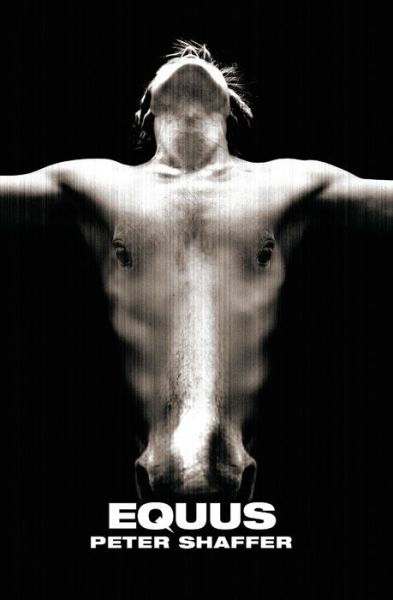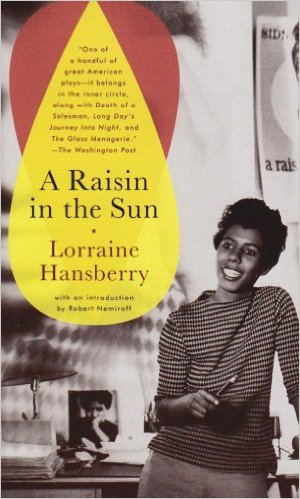In preparation for Literature Circles, please review the following information about the plays. You will select a play of your choice and join in a circle with 3-5 members of your class. During class Wednesday, November 30, we will review lit circle procedures, deadlines, and assignments. You will receive a copy of your play at that time, so have your first and second choices in mind.
A Doll’s House by Henrik Ibsen
 Norwegian-born Henrik Ibsen’s classic play about the struggle between independence and security still resonates with readers and audience members today. Often hailed as an early feminist work, the story of Nora and Torvald rises above simple gender issues to ask the bigger question: To what extent have we sacrificed our selves for the sake of social customs and to protect what we think is love? Nora’s struggle and ultimate realizations about her life invite all of us to examine our own lives and find the many ways we have made ourselves dolls and playthings in the hands of forces we believe to be beyond our control.
Norwegian-born Henrik Ibsen’s classic play about the struggle between independence and security still resonates with readers and audience members today. Often hailed as an early feminist work, the story of Nora and Torvald rises above simple gender issues to ask the bigger question: To what extent have we sacrificed our selves for the sake of social customs and to protect what we think is love? Nora’s struggle and ultimate realizations about her life invite all of us to examine our own lives and find the many ways we have made ourselves dolls and playthings in the hands of forces we believe to be beyond our control.
Equus by Peter Shaffer
 An explosive play that took critics and audiences by storm, Equus is Peter Shaffer’s exploration of the way modern society has destroyed our ability to feel passion. Alan Strang is a disturbed youth whose dangerous obsession with horses leads him to commit an unspeakable act of violence. As psychiatrist Martin Dysart struggles to understand the motivation for Alan’s brutality, he is increasingly drawn into Alan’s web and eventually forced to question his own sanity. Equus is a timeless classic and a cornerstone of contemporary drama that delves into the darkest recesses of human existence.
An explosive play that took critics and audiences by storm, Equus is Peter Shaffer’s exploration of the way modern society has destroyed our ability to feel passion. Alan Strang is a disturbed youth whose dangerous obsession with horses leads him to commit an unspeakable act of violence. As psychiatrist Martin Dysart struggles to understand the motivation for Alan’s brutality, he is increasingly drawn into Alan’s web and eventually forced to question his own sanity. Equus is a timeless classic and a cornerstone of contemporary drama that delves into the darkest recesses of human existence.
Fences by August Wilson
 From August Wilson, author of the ten-part “Pittsburgh Cycle” of plays dramatizing the African-American experience in the twentieth century, comes this powerful, stunning work that won the 1987 Tony Award for Best Play and the Pulitzer Prize. The protagonist of Fences, Troy Maxson, is a strong man, a hard man. He has had to be to survive. Troy has gone through life in an America where to be proud and black is to face pressures that could crush a man, body and soul. But the 1950s are yielding to the new spirit of liberation in the 1960s, a spirit that is changing the world Troy has learned to deal with the only way he can, a spirit that is making him a stranger, angry and afraid, in a world he never knew and to a wife and son he understands less and less.
From August Wilson, author of the ten-part “Pittsburgh Cycle” of plays dramatizing the African-American experience in the twentieth century, comes this powerful, stunning work that won the 1987 Tony Award for Best Play and the Pulitzer Prize. The protagonist of Fences, Troy Maxson, is a strong man, a hard man. He has had to be to survive. Troy has gone through life in an America where to be proud and black is to face pressures that could crush a man, body and soul. But the 1950s are yielding to the new spirit of liberation in the 1960s, a spirit that is changing the world Troy has learned to deal with the only way he can, a spirit that is making him a stranger, angry and afraid, in a world he never knew and to a wife and son he understands less and less.
A Raisin in the Sun by Lorraine Hansberry
 Set on Chicago’s South Side, the plot revolves around the divergent dreams and conflicts within three generations of the Younger family: son Walter Lee, his wife Ruth, his sister Beneatha, his son Travis and matriarch Lena, called Mama. When her deceased husband’s insurance money comes through, Mama dreams of moving to a new home and a better neighborhood in Chicago. Walter Lee, a chauffeur, has other plans, however: buying a liquor store and being his own man. Beneatha dreams of medical school. The tensions and prejudice they face form this seminal American drama. Sacrifice, trust and love among the Younger family and their heroic struggle to retain dignity in a harsh and changing world is a searing and timeless document of hope and inspiration.
Set on Chicago’s South Side, the plot revolves around the divergent dreams and conflicts within three generations of the Younger family: son Walter Lee, his wife Ruth, his sister Beneatha, his son Travis and matriarch Lena, called Mama. When her deceased husband’s insurance money comes through, Mama dreams of moving to a new home and a better neighborhood in Chicago. Walter Lee, a chauffeur, has other plans, however: buying a liquor store and being his own man. Beneatha dreams of medical school. The tensions and prejudice they face form this seminal American drama. Sacrifice, trust and love among the Younger family and their heroic struggle to retain dignity in a harsh and changing world is a searing and timeless document of hope and inspiration.
